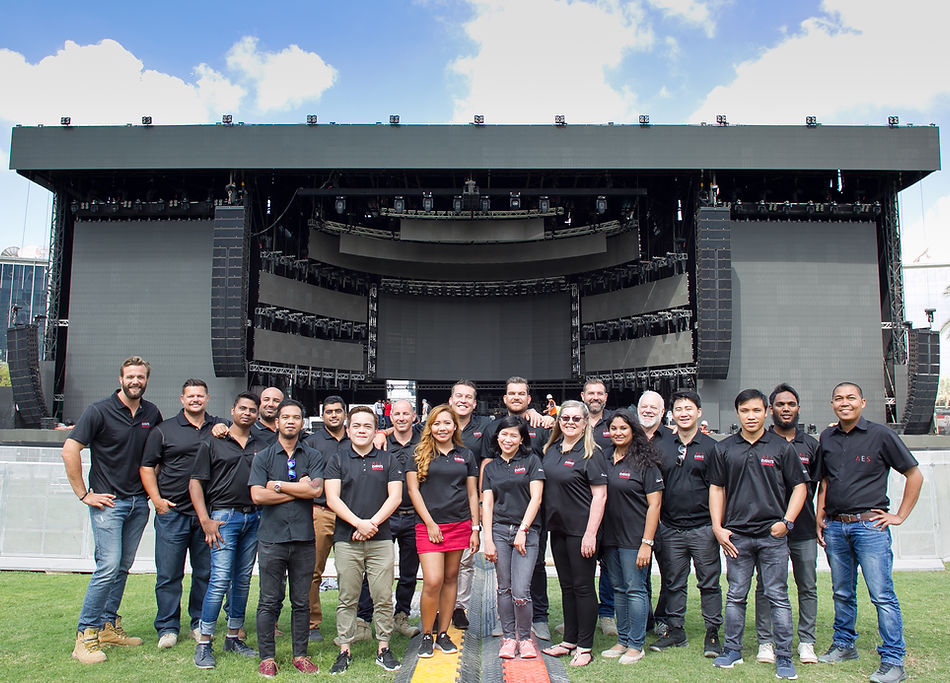Despite meticulous planning and preparation, unexpected challenges and crises can arise during the execution of events. From inclement weather and technical malfunctions to medical emergencies and security threats, an event agency Dubai must be prepared to respond swiftly and effectively to mitigate risks and ensure the safety and satisfaction of attendees.
Develop an effective crisis management plan:
The foundation of effective crisis management is a complete crisis management plan. This plan outlines protocols, procedures, and responsibilities for responding to various types of crises that may occur during an event. Identify risks and scenarios, establish communication channels and escalation procedures, and designate a crisis management team with clear roles and responsibilities.
Conduct risk assessments:
Prior to the event, conduct thorough risk assessments to identify hazards and vulnerabilities. Assess factors such as venue safety, weather conditions, crowd management, transportation logistics, and health and security risks. Develop contingency plans and mitigation strategies for high-risk scenarios to minimize the impact of crises on the event and its attendees.
Establish communication protocols:
Effective communication is critical during a crisis to disseminate information, coordinate response efforts, and provide updates to stakeholders. Establish clear communication protocols that outline how information will be shared internally among the crisis management team and externally with attendees, vendors, sponsors, and the media. Utilize multiple communication channels, including email, phone, text messaging, social media, and public announcements, to reach diverse audiences quickly and efficiently.
Train staff and volunteers:
Ensure that all staff members and volunteers are adequately trained and prepared to respond to crises effectively. Conduct training sessions and drills to familiarize personnel with crisis management procedures, roles, and responsibilities. Provide guidance on how to assess situations, make decisions under pressure, and communicate calmly and confidently with attendees and stakeholders.
Coordinate with emergency services:
Establish relationships with local emergency services, including police, fire, medical, and security personnel, and coordinate response plans in advance. Share event details, floor plans, and contact information to facilitate rapid response and collaboration in the event of an emergency. Designate specific points of contact and assembly areas for emergency responders to streamline communication and coordination efforts.
During the event, monitor the situation closely and remain vigilant for signs of crises or emergencies. Maintain situational awareness through regular communication with staff, vendors, and attendees, and stay informed about external factors such as weather forecasts and security updates. Continuously evaluate response efforts and adjust strategies as needed to effectively manage crises and ensure the safety and well-being of all involved.
